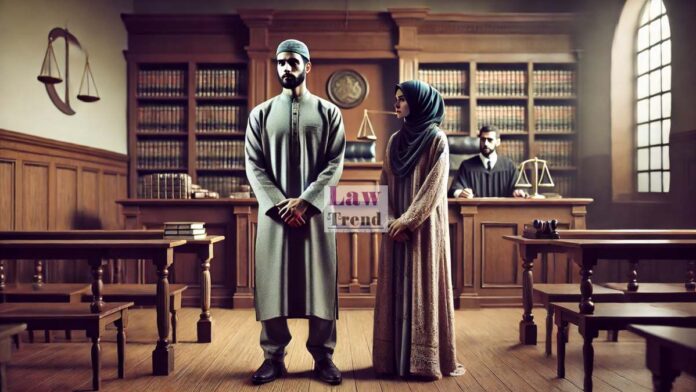The Allahabad High Court has held that a second marriage performed by a Muslim male during the subsistence of the first marriage is not void under Section 494 IPC unless it is declared Batil (void) by a competent court such as the Family Court under Section 7 of the Family Courts Act, 1984. The Court
To Read More Please Subscribe to VIP Membership for Unlimited Access to All the Articles, Download Available Copies of Judgments/Order, Acess to Central/State Bare Acts, Advertisement Free Content, Access to More than 4000 Legal Drafts( Readymade Editable Formats of Suits, Petitions, Writs, Legal Notices, Divorce Petitions, 138 Notices, Bail Applications etc.) in Hindi and English.




